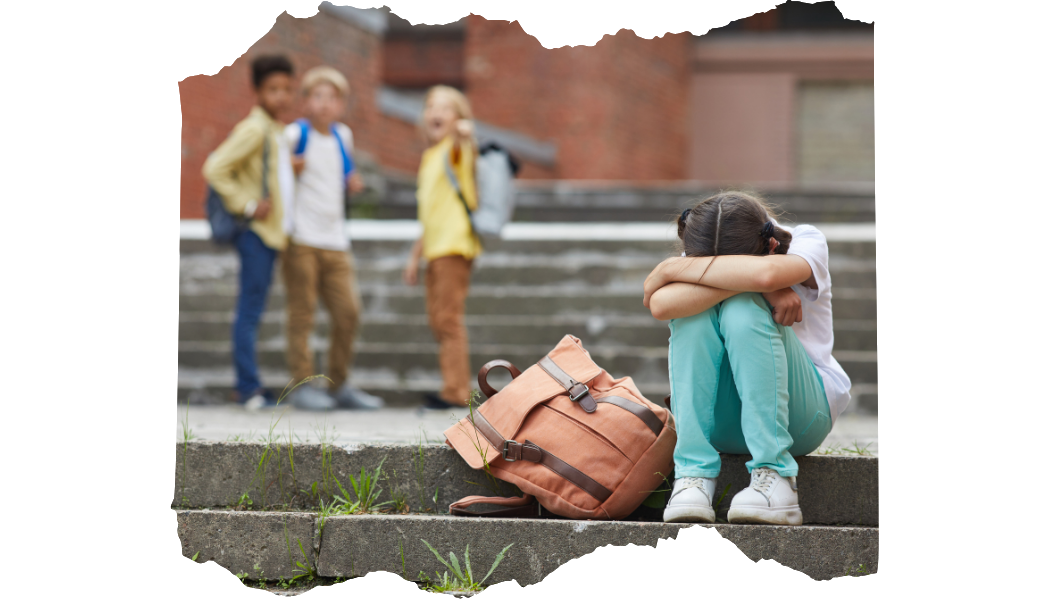Helping Your Child Handle Friendship Drama
Practical Tips for Helping Your Child Through Friendship Challenges
Does your child come home from school anxious or upset after an argument with a friend? Do they struggle to talk about what happened or feel unsure how to fix the situation? Could they use help understanding how to be a good friend while standing up for themselves?
Friendship can be one of the best parts of growing up—but let’s be real, it can also be super tricky! From feeling left out to handling mean comments, kids and teens face a lot when it comes to their social lives. As a parent, you don’t have to have all the answers (seriously, no pressure), but you can be their biggest cheerleader and guide! Here’s how to help your child when friendship drama hits:
Just Listen—Like, Really Listen
When your child comes to you with a friendship problem, the best thing you can do is listen. Let them talk it out. Say things like:
“Wow, that sounds rough. What happened next?”
“How are you feeling about it?”
Sometimes, kids don’t even want advice—they just want to vent. Once they feel heard, they’ll be way more open to hearing your thoughts.
Help Them See All Sides
Kids (and let’s be honest, adults too) can get stuck seeing things from just one angle. Ask gentle questions to help them think about what might’ve been going on with the other person. For example:
“Why do you think they said that? Do you think they were having a bad day?”
“How do you think they might feel if the roles were reversed?”
This isn’t about making excuses for bad behavior—it’s about teaching your child how to understand people better.
When It’s More Than Just Drama
If your child is dealing with real bullying (think repeated, mean, or harmful behavior), it’s time to step in. Help them practice saying something simple like, “That’s not cool. Please stop.” And make sure they know it’s always okay to ask an adult for help.
If the problem isn’t going away, don’t hesitate to loop in their teacher or school counselor. They’re there to help!
The Clique Thing
Cliques are like the mean girls of friendship problems—super exclusive and tough to handle. If your child feels left out, remind them that it’s okay to be upset (because, yeah, it hurts). Then, help them brainstorm ways to find other friends. This could mean joining a club, trying out for a sport, or just saying hi to someone new at school.
Also, remind them of this fact: Good friends don’t make you feel small. They lift you up.
Practice Those Awkward Talks
Sometimes kids don’t know how to tell a friend, “Hey, that hurt my feelings.” That’s where you come in! Role-play a few scenarios with them. Try saying:
“If your friend left you out, what could you say to let them know it upset you?”
“What would you do if someone was being bossy?”
It’ll feel silly at first (maybe even a little cringey), but it helps kids feel more prepared for those tough moments.
Be Their Friendship Role Model
Your kid is watching how you handle your relationships, even when you don’t realize it. Show them what kindness, forgiveness, and standing up for yourself looks like in your own friendships. Bonus points if you share a story about a friendship problem you had growing up—kids love to know they’re not alone.
Let Them Know It’s Okay to Move On
Not every friendship is meant to last forever, and that’s totally okay! If your child is feeling sad about a friendship fading, remind them that it’s normal. What matters most is finding friends who make them feel good about themselves.
Friendship challenges are tough, but they’re also where kids learn some of life’s most important lessons—like how to stand up for themselves, how to be a good friend, and how to bounce back from hard stuff. By being there to listen and support them, you’re giving them the tools to handle it all like a pro!
Got a specific friendship problem your kid’s dealing with? Let’s figure it out together!
In NJ, FL, or VT?? Click HERE

